We are delighted to welcome Inverness, a much-loved 20-year-old Clydesdale from Police Scotland’s Mounted Unit,…
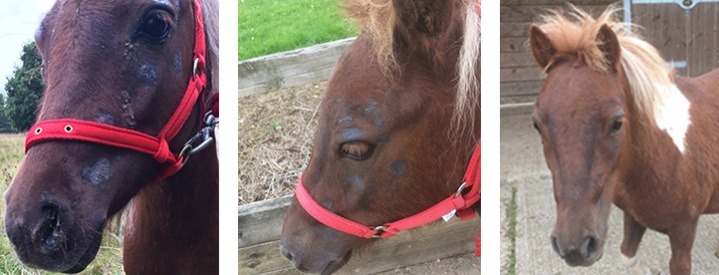
Vesta on the mend
In August Vesta, a young Shetland pony arrived. She had been found in a Buckinghamshire field by Reading-based rescue charity Saving Abandoned Fly-grazing Equines (SAFE).
She was suffering from ringworm and an advanced case of strangles, one of the most infectious equine diseases. She was transported to the Royal Veterinary College (RVC) where she remained or two week’s treatment before she arrived at the Trust and we could take on her care.
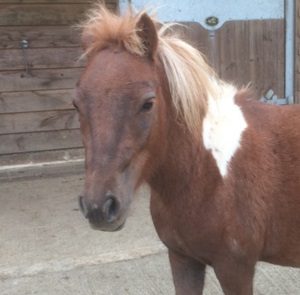 A month on and Vesta is still in the isolation unit where she will remain until we are 100% sure she has not become a carrier. There is treatment even for a carrier of the disease but we must safeguard the herd at the Home of Rest many of whom are veterans and that bit more susceptible to infection.
A month on and Vesta is still in the isolation unit where she will remain until we are 100% sure she has not become a carrier. There is treatment even for a carrier of the disease but we must safeguard the herd at the Home of Rest many of whom are veterans and that bit more susceptible to infection.
When initially rescued it was obvious that rescued it was obvious that she had been fighting the disease by herself for couple of weeks and had got to the stage where she had abscesses, some close to her eyes. The fact is that had she been treated with antibiotics she would never have needed to go suffer that. A callous owner had simply abandoned her.
Two doses of treatment cured the ringworm, the antibiotics dealt with the strangles and after the abscesses and wounds were cleaned up she was well enough to be brought to our isolation unit.
As our Chief Executive Jeanette Allen told Horse and Hound “She’s going to be fine, she’s very pretty and full of life and is a real character. “She’s already had a good gallop about her new home and is eating and drinking very well. It’s incredibly rare for a horse to die of strangles, it’s just very unpleasant to go through. Unfortunately, there can be a trend to victimise or vilify yards or owners with an infected horse or pony and this is not at all helpful. It’s not airborne and simple biosecurity measures such as changing clothes, washing boots in Vircon and wearing disposable gloves can help make sure it doesn’t spread.”
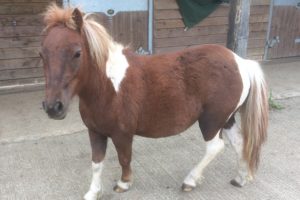 Vesta is a perfect example of just how treatable Strangles can be, that even with such advanced infection she is almost certainly going to live a happy, healthy and hopefully long life thanks to proper treatment and simple infection control procedures.
Vesta is a perfect example of just how treatable Strangles can be, that even with such advanced infection she is almost certainly going to live a happy, healthy and hopefully long life thanks to proper treatment and simple infection control procedures.
There are so many myths and unpleasantness surrounding strangles and it needs everyone in the community to fight it together. Vesta needed the help from the team at SAFE, the correct treatment at the RVC and the right conditions to recover here at the Trust. It shouldn’t be too long before she joins the rest of the Skewbald Shetland Squadron in the fields at the Home of Rest.
The Horse Trust has been funding strangles research for many years and has launching a strangles surveillance programme in partnership with the Animal Health Trust (AHT). Led by Dr Richard Newton, the new system will be the first to accurately monitor the spread of the infection through the UK horse population. It aims to help scientists to more closely understand if there any links between outbreaks and new strains of the bacterium arising and in time will facilitate the monitoring of any strangles control initiatives such as future vaccines.
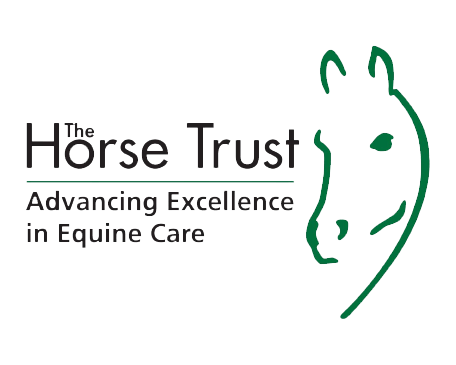
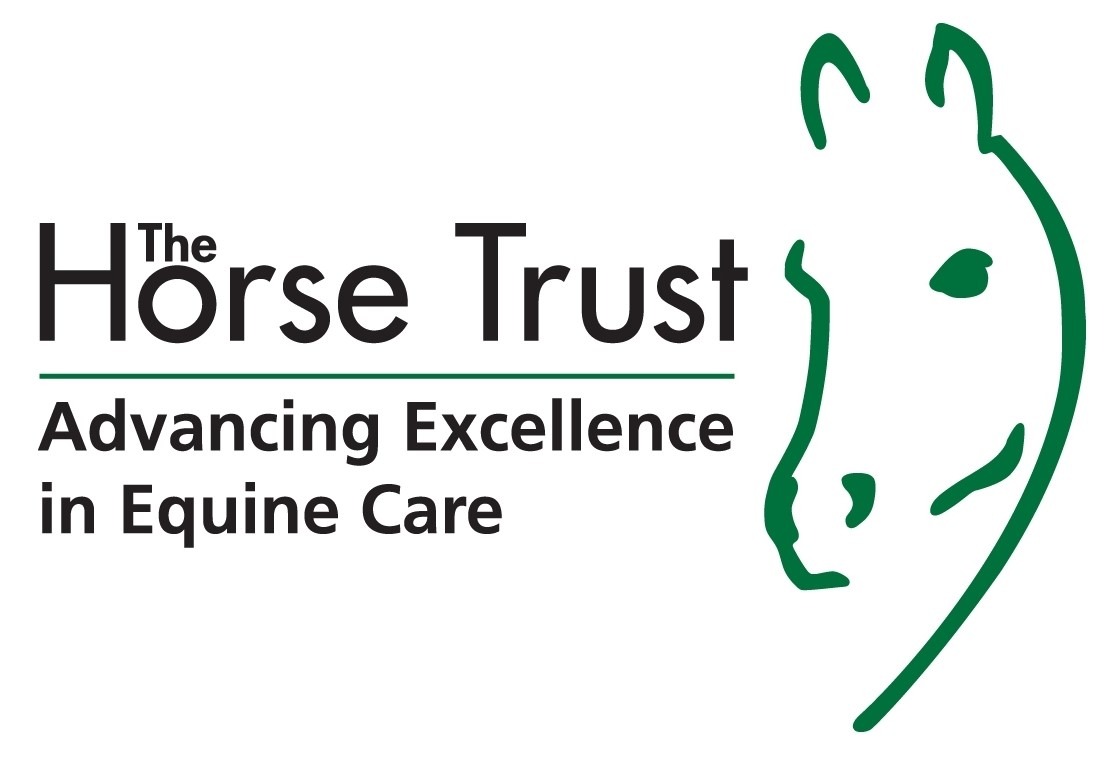
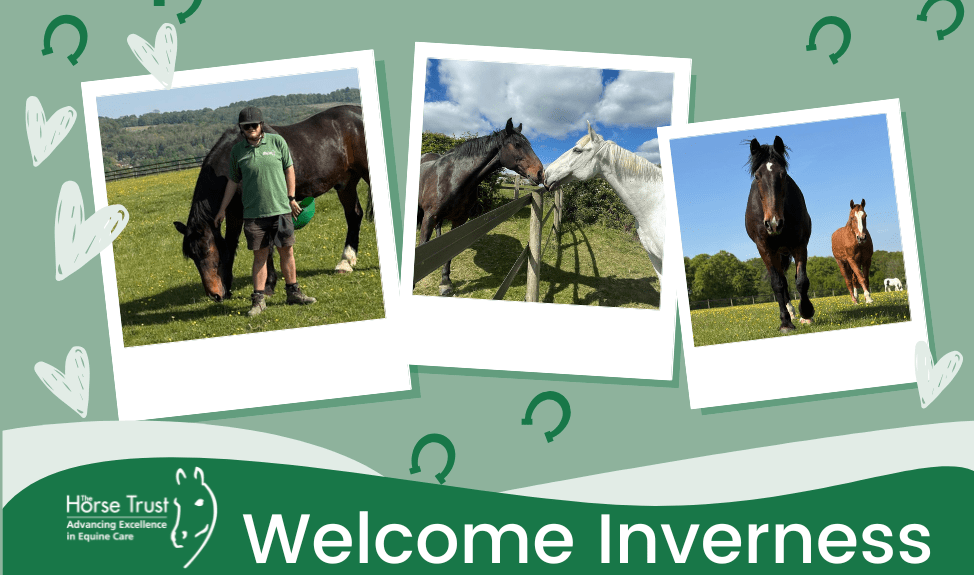

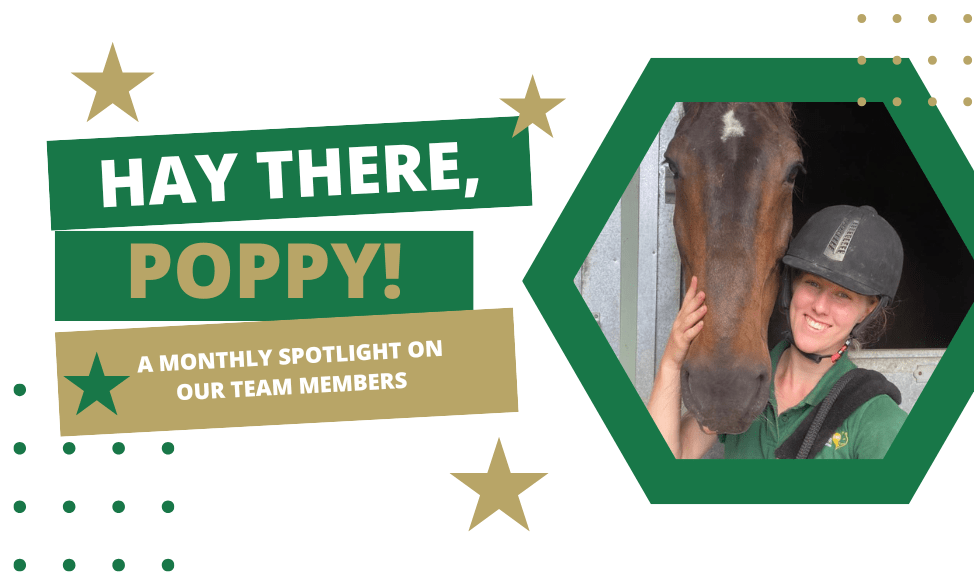










Comments (0)